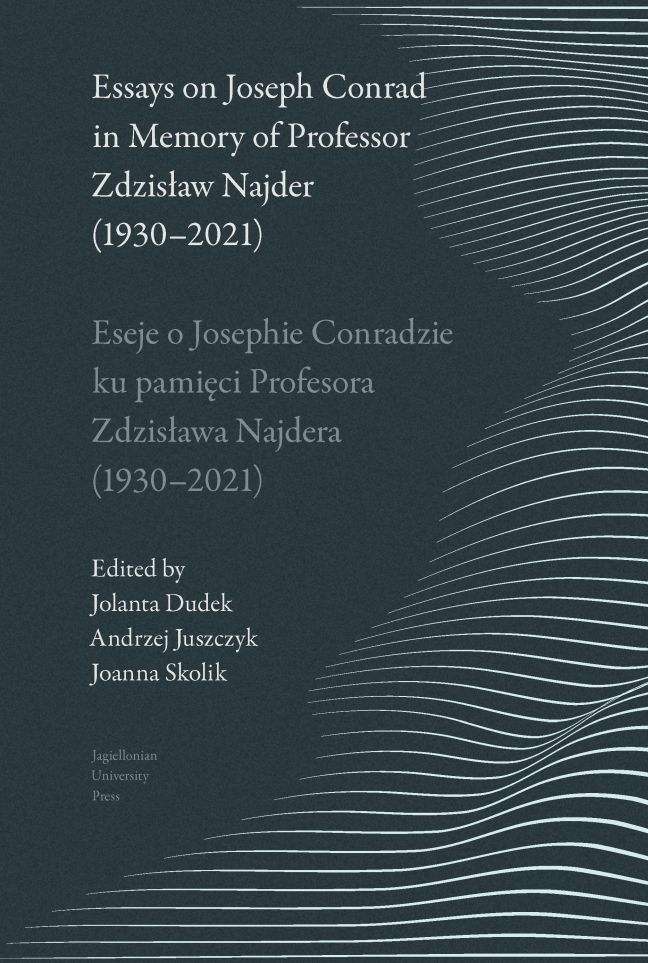Book contents
- Frontmatter
- Contents
- Part I
- Part II
- Bibliografia publikacji i audycji medialnych Zdzisława Najdera o Josephie Conradzie / A Bibliography of Zdzisław Najder's Publications and Media Programmes on Joseph Conrad
- Notes on Contributors / Noty o autorach
- Author Index / Indeks nazwisk
- Miscellaneous Endmatter
Conrad and Forster: Not Only a Matter of Style
Published online by Cambridge University Press: 01 March 2024
- Frontmatter
- Contents
- Part I
- Part II
- Bibliografia publikacji i audycji medialnych Zdzisława Najdera o Josephie Conradzie / A Bibliography of Zdzisław Najder's Publications and Media Programmes on Joseph Conrad
- Notes on Contributors / Noty o autorach
- Author Index / Indeks nazwisk
- Miscellaneous Endmatter
Summary
I
Two concerns and two activities have dovetailed over the years to produce the present essay. The more mundane component were the exigencies of teaching. I used to regularly give a course in Early Twentieth-Century British Literature, which would include among its readings works by both Joseph Conrad and E. M. Forster. As part of my discussion, I found it increasingly valuable and illuminating to juxtapose these two writers, using one as a foil to the other, and thereby demonstrating the rich co-presence of two distinct and in many telling ways contrary strains in early twentieth-century British writing. The second impulse and interest were of a more strictly scholarly nature. For many years—indeed longer than I wish to admit or care to remember—I have studied various aspects of Conrad's “Polishness.” At one stage, I examined the influence of Polish literature on his work; more recently I have been reflecting on the Polish roots of his value system and ideological bent. In the course of these reflections, it occurred to me that one critical procedure which could be helpful in identifying and defining some of the axiological differences would be to relate Conrad's writing to the work of an English near-contemporary, someone quintessentially English—like E. M. Forster.
Since Forster is going to be half of our equation—one may as well begin (as he might have done) obliquely. You will recall how in the introductory chapter of Aspects of the Novel Forster invites us to visualize the English novelists “seated together in a room, a circular room, a sort of British Museum reading-room—all writing their novels simultaneously.” Well, for someone who spent many happy hours under the literal dome of that circular reading-room (which, alas, no longer exists; but where, before it was demolished, I first met Zdzisław Najder) it is not difficult to take an imaginative cue from that semi-whimsical vision and elaborate upon it a little.
Let us imagine then a sunny spring morning with hints of mist in the air. It is almost midday by the golden clock above the rotunda. But the day has no date. Under the dome hundreds of novelists are writing furiously.
Information
- Type
- Chapter
- Information
- Publisher: Jagiellonian University PressPrint publication year: 2023
